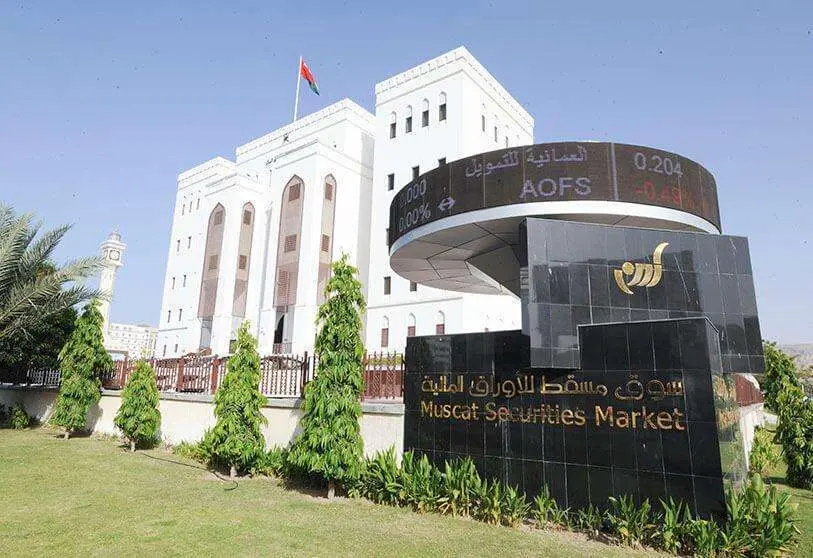Oman records $2.9bn surplus so far this year

Oman recorded a budget surplus of more than $2.9 billion in the first nine months of this year compared to a deficit of more than 1 billion rials in the same period last year. Numerically, it reflects a 43.4% growth in the Omani economy, which allowed the Sultanate to increase public spending by 12.5% and 60% in spending for the nation's development. Moreover, for the first time, the Gulf state is on the verge of recording its first annual fiscal surplus in a decade, according to a report by Fitch Solutions. Fitch Solutions estimates GDP growth at 6.5%, which will be higher in the final months of the year due to energy prices.
At the end of September this year, hydrocarbon revenues rose to more than $21 billion, up 51.9% from $13.78 billion last year. "The increase is supported by a higher average oil price of $94 per barrel, as well as an increase in crude oil production to 1.05 million barrels per day from 957,000 barrels a year ago," the Omani government said. Much of the country's current surplus is due to the fact that in this period (January-September), net oil revenues increased by 37%. All this despite the fact that global economic activity is experiencing a slowdown, with the highest inflation in several decades, the International Monetary Fund's (IMF) world economic outlook report said.

Capitalising on the country's excellent economic situation, the country's Shura Council on Sunday approved a bill introducing income tax for high-income earners in Oman. Pending the approval of the Council of Ministers and the final approval of Sultan Haitham bin Tariq al-Said, the tax will become law. As the tax on the wealthiest individuals becomes a reality in Oman, citizens at both ends of the salary scale have expressed mixed reactions. If an income tax is introduced, the sultanate would be the first Gulf Cooperation Council (GCC) country to do so. All six GCC states agreed to introduce VAT in 2016. Saudi Arabia and the UAE introduced VAT in 2018 and Bahrain did the same in 2019. Despite the misgivings of some Omanis, economic experts have said it was time for officials to introduce an income tax to generate revenue for the government.

It predicts that global growth will slow from 6 per cent last year to 2.7% in 2023. The IMF also expects global inflation to rise from 4.7% in 2021 to 8.8% in 2022, but to fall to 4.1% in 2024. It projected Oman's real gross domestic product to grow from 3% in 2021 to 4.1% by 2023.
The relaxation of coronavirus-induced social and movement restrictions and positive developments in the hydrocarbon market drove strong recoveries in 2021 and 2022 in the six-member economic bloc, according to a Gulf Economic Update report. Rising oil and gas prices, exacerbated by the war in Ukraine, are expected to provide a windfall for the GCC, it said.
In a separate statement, the Ministry of Energy and Mines said oil exports rose 15% year-on-year to 242.8 million barrels in the third quarter, while production and condensate rose 10 percent year-on-year to 289.8 million barrels in the third quarter. Recent figures show that more than 90% of Oman's oil exports go to China and India.

The sultanate's economic development is no coincidence as the Gulf countries as a whole are forecast to grow by 6.9% in 2022 before moderating to 3.7% in 2023, driven by stronger hydrocarbon and non-hydrocarbon industries, according to the World Bank.








